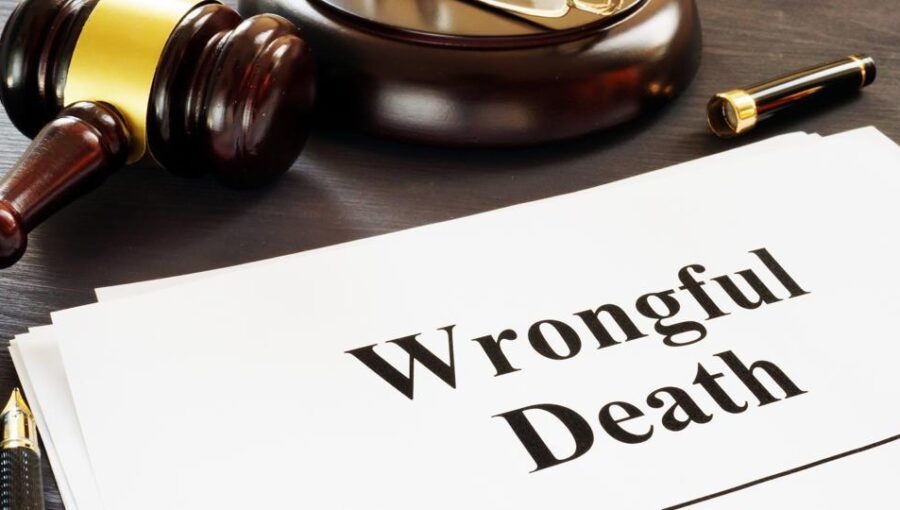The untimely death of a loved one is heartbreaking, especially when the tragedy could have been avoided. When someone else’s carelessness is to blame, the surviving family should not have to worry about how to bear the enormous financial burden. A wrongful death case can assist you in obtaining financial compensation for the sad loss you and your family have experienced, including funeral costs. For more information, speak to an experienced lawyer today.
In most states, family members can seek monetary compensation in a wrongful death claim for funeral fees, burial charges, the decedent’s lost future wages and benefits, and medical expenses incurred before death. Furthermore, a wrongful death plaintiff may be able to obtain compensation for the deceased person’s pain and suffering before death and for the loss of care and companionship their loved one would have provided the family had they lived.
Who can file a wrongful death lawsuit?
The US has very precise regulations involving wrongful death, and only certain people are eligible to pursue a compensation claim. For more precise information, it is better to talk to an attorney and discuss the exact laws of your state. These are some examples:
- Surviving spouse
The decedent’s surviving spouse is the first person who can file a wrongful death claim. Any monetary awards will be divided equally between the spouse and surviving children. The spouse, on the other hand, will receive at least one-third of the overall compensation.
- Children of the decedent
The decedent’s children can initiate a wrongful death action if the dead have no remaining spouse.
- Surviving parents
If the dead have no surviving spouse or children, their parents may file a wrongful death claim.
- Personal representattive of teh state
The representative of the decedent’s estate may file a wrongful death action. The estate will hold any damages obtained by this party for distribution to the decedent’s next of kin.
Damages in a wrongful death claim
If your wrongful death lawsuit is successful, you may be entitled to collect all reasonable funeral expenses, which normally include the following:
- Cremation drawer
- Cremation fee
- Fees for basic services
- Embalming preparation of the body
- Transfer of the deceased to the funeral home
- Urn
- Casket
- Commemorative package
- Rental of facilities for the wake and ceremony
Ordering a death certificate, a burial plot, catering, reception rental expenses, surcharges, and posting an obituary are all possibly recoverable costs. These costs, however, must be acceptable. For example, an insurer or court may decide that attendees at a funeral reception should be fed, but a $5,000 catering bill may be deemed excessive.
